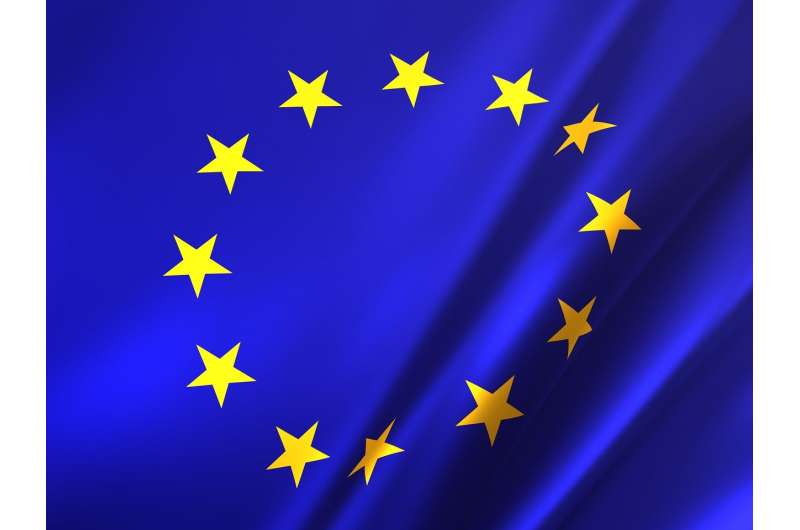Pitfalls of EU-Comprehensive Agreement on Investment deal
Athens [Grecce], February 25 (ANI): December 2020, European Union (EU) landmark trade deal – the Comprehensive Agreement on Investment (CAI) with China, that aims to liberalise trade between Beijing and Brussels, may prove to be a dangerous move for Europe.
Since the signing of the deal by Chinese Premier Xi Jinping, there is a mounting concern in the European Parliament over China’s human rights record on issues, including alleged forced labour camps and a crackdown in Hong Kong against anti-government protestors, reported Greek City Times.
The trade deal raises questions over the credibility of the European Union as the champion of human rights as it has overlooked China’s human rights violations and security aspects in signing the deal. It has handed China an important victory.
The deal with the European Union is being hailed in China as a great success for President Xi Jinping before the 100th anniversary of the Chinese Communist Party and confirmation of its power in the world, reported Greek City Times.
The European Parliament‘s demands for the deal to contain a clause binding China to international agreements on modern slavery were also ignored.
Instead, the deal only contains a non-binding commitment by China “to make continuous and sustained efforts” to ratify the International Labour Organisation’s conventions on forced labour, reported Greek City Times.
The concerns were echoed in a letter sent by a group of European Union MEPs to European Commission President Ursula von der Leyen.
The appeal, signed by a dozen civil rights groups, underlined that the CAI sent a signal that the European Union was pushing for closer cooperation with China “regardless of the scale and severity of human rights abuses carried out by the Chinese Communist Party.”They also opined that there was little opening for European nations to take advantage of the said deal by entering into the Chinese market as the overall winner was China as they had successfully inked the deal during the power transition phase in the United States, reported Greek City Times.
Moreover, Beijing’s ‘Made in China 2025’ (MIC 2025) initiative, whose objective is to achieve manufacturing dominance by 2025, is the main driving force behind these deals.
MIC 2025’s overall strategy is to achieve 70 per cent self-sufficiency in high-end industries and reduce dependence on foreign technology.
Regulations and tariffs imposed by developed countries have always made it difficult for China to access advanced technology, therefore, China is on the lookout for such deals that enable a liberal trade environment to further its interests.
Attempts of China Reform Holdings to takeover Imagination Technologies, a UK-based chip design firm engaged in artificial research is a case in point.
Had it not been for the timely intelligence inputs from the MI6 and MI5, the British government could not have managed to prevent this critical acquisition, reported Greek City Times.
The European Union must understand that the threat from China does not just come from state actors. Chinese enterprises are also a tool among others used by China in international conflicts, reported Greek City Times.
The Chinese Communist Party would leverage the liberal environment created by the deal to spread disinformation and propaganda and carry out extensive espionage on European soil.
The relaxation of rules and lax surveillance of Chinese activities would only strengthen its capabilities to unleash cyber and hybrid warfare in Europe. In light of the above, the European Union should be wary of approving this deal. (ANI)












